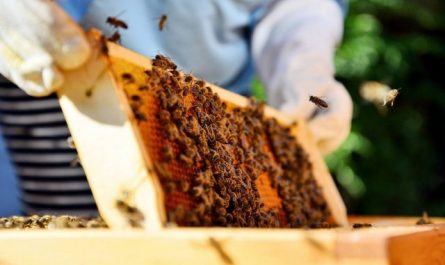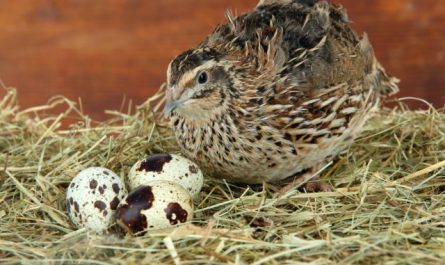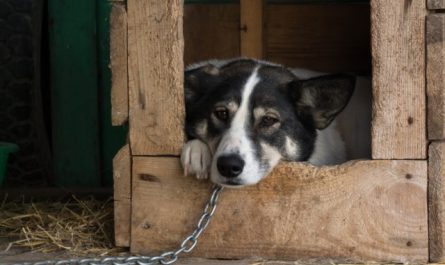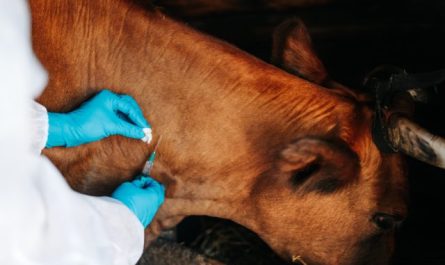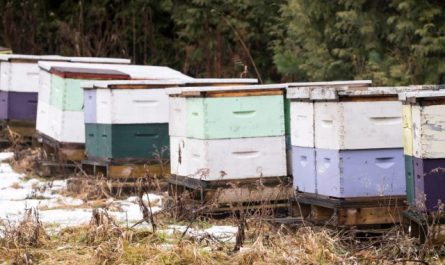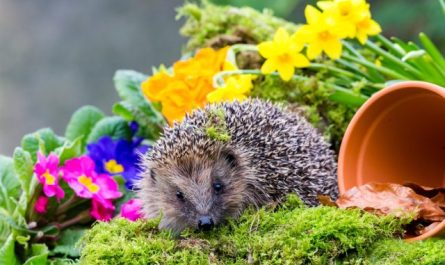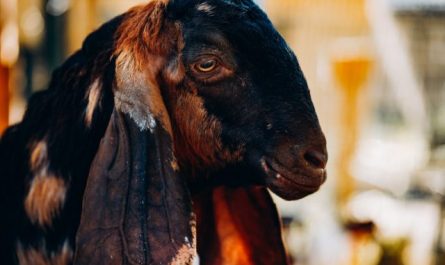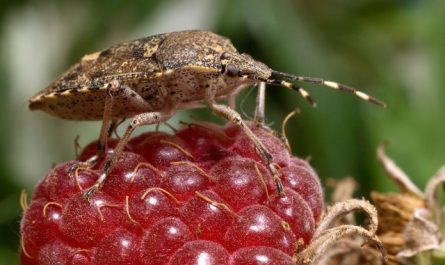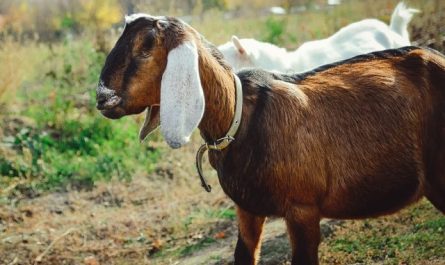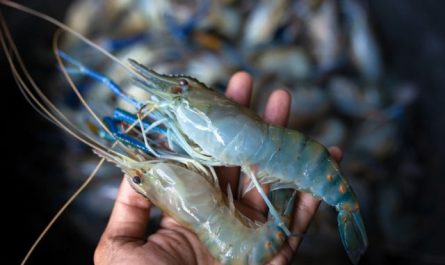New Year is a family holiday, when all family members, including pets, gather at the table. The New Year holiday season is fraught with many dangers for pets. Today we will talk about these dangers and how to protect your pet from them.

1. Fireworks and firecrackers
The greatest risk on New Year’s Eve is caused by holiday fireworks and any other pyrotechnic products. Loud sounds and bangs, bright flashes of light – all this is very frightening for pets. It is during the New Year holidays that the statistics of lost dogs increases. Hearing the roar of fireworks, the animal can get very scared and simply run away from the owner. The dog can run headlong, not noticing anything around. This is dangerous because the pet can get hit by a car.

Loud bangs and flashes can be very frightening for pets and at home. This can at least cause stress for your pet. Some particularly fearful animals may even experience cardiac arrest.
To protect your pet from stress during walks during the holidays, follow these simple rules:
- Do not let your animal roam freely or off the leash.
- Try to walk longer in the morning and during the day, and in the evening and at night take short walks not far from home.
- Get an address tag, it can help find your pet if it does run away.
- Get a glowing collar to make your dog more visible in the dark. This can help prevent him from getting run over if he runs away from you.
- Use a harness, it is more difficult for the animal to wriggle out of it.
If your pet is very afraid of fireworks and starts to break free and run away, do not scold him.
If suddenly during your walk someone launches fireworks nearby, you can act in two ways:
- If your pet is very afraid and is trying to escape with all its might, run with it. Try to run away from the fireworks or hide somewhere if you cannot quickly return home. It is useless to calm or scold an animal during an attack of severe fear.
- If your pet is clearly scared but does not try to escape at any cost, try to lead it away from the fireworks. Calm it down with words, distract its attention with a toy or a treat. Let your pet snuggle up to you if it feels calmer that way.

To protect your timid pets at home, use the following tricks:
- Close the windows to reduce noise.
- If possible, purchase thick curtains and close them so that your pet is not frightened by flashes outside the window.
- Prepare a “house” for your pet in advance – a safe, quiet place with a cozy bed where he could hide.
- Keep your pet busy with something. Give him an anti-stress toy or an interactive toy with a treat inside.
- Calm your pet if he is afraid. Talk to him gently, pet him, pick him up if he wants to.
- If your pet is very timid and is terrified of fireworks, visit a veterinarian and prescribe sedatives for the animal.
If you have a pet, avoid using firecrackers at home. Not only do they scare your pets, but they also shoot out rustling sparkles that are likely to end up in your pet’s stomach. Also, use sparklers with caution. Although they are not very noisy, sparks can fall on your pet, which can cause fright and burns.
2. New Year’s decorations and tree
The vast majority of pet owners have encountered broken Christmas tree balls, chewed garlands and almost eaten tinsel. Bright, shiny and rustling decorations are very attractive to both cats and dogs. And if they are hanging in large numbers on a fluffy Christmas tree, this is the best entertainment for your four-legged friend.
Eating tinsel and tinsel
It is found not only in cats, but also in dogs. The difference is that cats have a special tongue structure, which is why they cannot spit out tinsel or rain. Dogs can, but they are often more interested in continuing to chew something rustling. Rain and tinsel can lead to cuts in internal organs, blockage of the esophagus, stomach and intestines.

If your pet has eaten tinsel or tinsel, contact your veterinarian immediately. Do not try to remove them yourself, as you will only harm the animal and cut its internal organs.
Eating splinters and sharp parts of toys is dangerous in the same way. In addition, animals can easily get hurt by them.
Gnawing on the garland
Electric shock is very likely when chewing on electric garlands. Animals also like to play with them, which is why they often get tangled in them. If a pet gets tangled in a garland from a Christmas tree, it is very likely to pull the tree along with it.
A falling tree on a pet can cause not only stress, but also serious injuries.

To protect your furry friend from all these dangers, follow these simple rules.:
- Avoid using tinsel and rain, especially if you have a cat.
- Buy safe decorations and Christmas tree toys that are not breakable and do not have small parts.
- If you have fragile toys or decorations, try to hang them high up so that your pet cannot reach them.
- Do not leave your pet unattended with electric lights on.
- Secure the tree to a stable stand. If necessary, it can be additionally secured to the wall with cables.
If your pet is too partial to Christmas tree decorations, you can buy safe, unbreakable decorations and hang them on the bottom of the tree for your pet to play with. Just remember to secure the tree so that it doesn’t fall on your furry friend when he tries to pull the toy off the branch.
If your cat loves to climb the tree, you can apply citrus essential oils to the trunk. The strong smell of citrus will scare away your pet, and will give you more of a New Year’s mood and peace of mind about the integrity of the tree.
3. Festive table
On New Year’s Eve, people prepare a wide variety of the most delicious dishes. Pets will definitely try to beg for at least something from the festive table. And if the attempts are unsuccessful, many cats and dogs will simply try to steal something tasty while the owner is not looking.

Do not give your pet human food or treats from the holiday table. And do not leave your pet unattended alone with New Year’s delicacies. Eating human treats can threaten the animal with serious poisoning and problems with internal organs in the future. Also, the pet may have an allergic reaction up to Quincke’s edema, when emergency assistance will be needed. It is necessary to take into account that during the holidays it is sometimes impossible to urgently call a veterinarian, especially on New Year’s Eve.
Even if the treats from the table do not lead to poisoning, the pet will most likely have digestive problems. Instead of several cozy New Year’s days, you will have to constantly go outside often so that the dog can go to the toilet. Or you will have to clean the cat litter box very often. The animal will be depressed. It is better not to risk it and not to spoil the holiday for yourself or your pet. Do not give him treats from the table, it is better to buy or prepare healthy and safe treats yourself.
4. Guests
The appearance of strangers in the house can cause anxiety and stress in pets. And even aggression. But in fact, guests bring much more danger than banal stress.
They may give your pet food from the table or some treat they brought, which may not be safe for your four-legged friend. Or they may not close the door or window, and your pet may run away or jump out of the window.

If your guests have children, explain to them how to behave with an animal. And it is better not to leave children with a pet unattended for the safety of both children and your pet.
If you are planning a noisy New Year’s party, it is better to take your pet to another room. Give him his favorite toy and a treat. But do not forget about your tailed friend, be sure to visit him from time to time. If he really wants to join your noisy company, do not refuse him. But do not hold him back if he tries to go back to his room.
